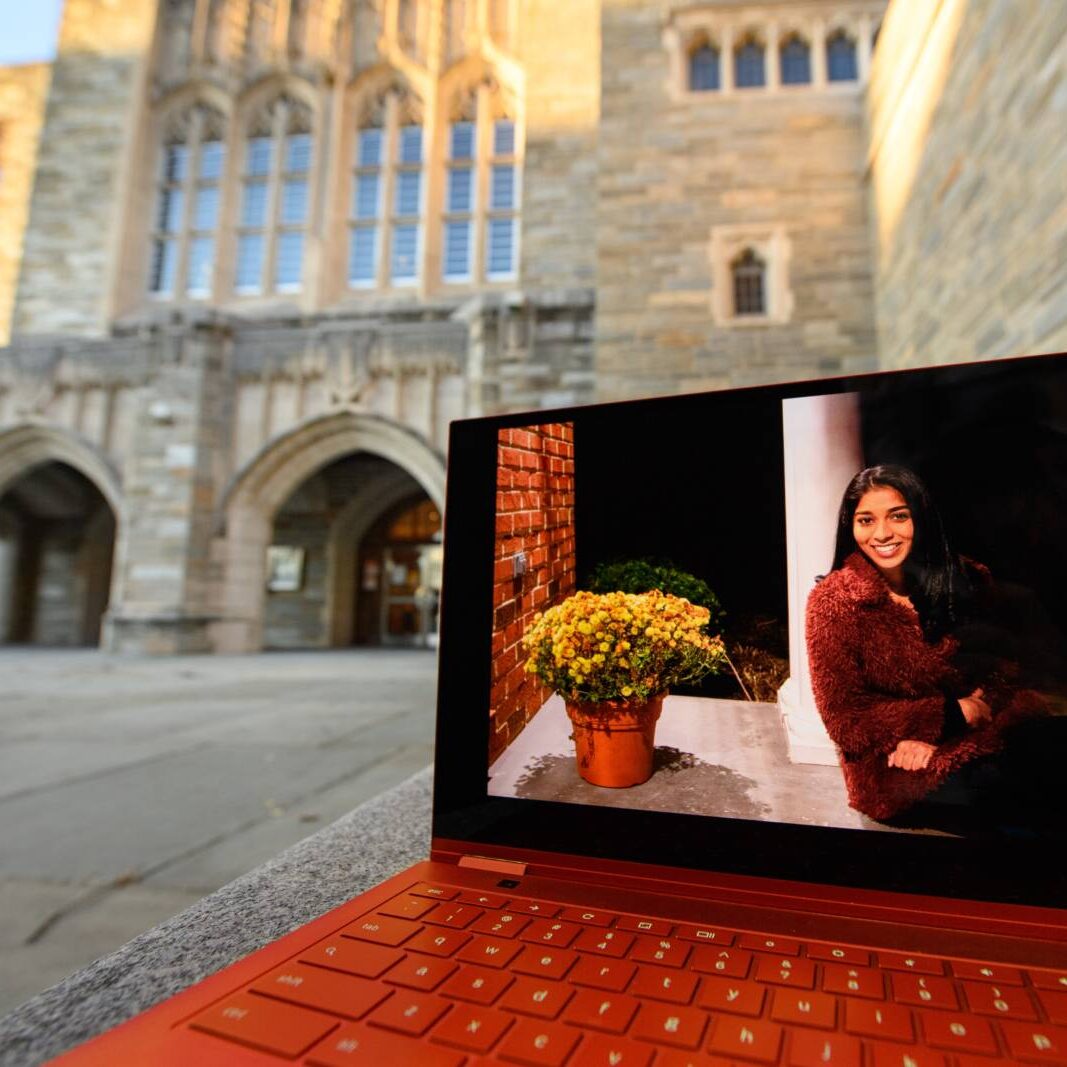Like most students at Princeton, I am really looking forward to next semester. Having taken into account the pandemic and the Princeton community’s well-being, the university is offering all undergraduates the option to return to campus, even though most classes will still largely be held online. Consequently, Spring 2021 will be the second time since the pandemic began where we can experience a different side of Princeton – a hybrid semester, where there will be a mix of in-person and virtual classes. A hybrid semester presents a lot of opportunities to enhance the educational experience from a fully virtual semester like the one we had this fall. Next semester, I am looking forward to the small things — like seeing more students outside of classes and interacting with them as guidelines allow. However, it is likely that there will be new and old challenges for students on and off-campus. Although it is difficult to predict exactly how the semester will unfold, I outline three challenges that stand out to me, so that we can prepare for them beforehand.
The Ongoing Pandemic. There will be challenges in keeping the Princeton community safe from COVID-19. Since it seems unlikely that a vaccine will be available to all students, faculty and staff, the risk of contracting the virus will remain high, especially with more students on campus. Furthermore, there is some uncertainty regarding how the semester will unfold. Therefore, it is good to keep tabs on any new developments posted on the Spring 2021 Princeton website and undergraduate email announcements. Regarding the COVID-19 risk, we can be comforted in that Princeton is undertaking robust preparation to handle testing and quarantine procedures for the incoming student, staff, and faculty populations including the establishment of a COVID-19 laboratory on-campus. The safety protocols are detailed and include responsibilities ⎯ in the form of a social contract ⎯ for everyone that will be present on/around campus. These protocols will include twice-weekly testing for COVID-19 (until possible adjustments in the future) and adherence to the face-covering (mask) policy of the university. Having been on-campus this semester, I have experience with these protocols, and I can attest that they are very manageable and easy to get accustomed to. Hence, I am confident that with everyone abiding by the social contract, it is likely that the semester will unfold safely ⎯ just like it has for the small number of students (about 300) that were on campus for fall 2020.
Risk of feeling isolated on campus. The second issue with a hybrid semester is related to increased feelings of isolation despite students being on campus and in near proximity to each other. I also speak from my experience here in that there were not many options for in-person interaction available this fall ⎯ almost all study-spaces were closed, and most students took classes from within their dorms. It is likely that these study spaces and common rooms will remain closed to students, giving us little options besides dorm rooms for virtual lectures and precepts next semester. For students used to having friends or family around while taking virtual courses, this isolation might be disorienting. Fortunately, there will be libraries other than Firestone that will be open in a limited capacity and it could be possible to attend classes from there. It is also helpful to know that CPS and PPN will be available to helps students in this and other psychological stressors that might arise during the semester.

Staying engaged with our studies. The third issue, in my view, is related to a virtual semester and keeping our school engagement high. Zoom fatigue, the “exhaustion that students feel when attending multiple Zoom meetings in a day”, will probably be highest as we enter the third semester of mostly virtual classes. Since most interactions will be through virtual calls, we must be willing to push through for, hopefully, just one more semester of mostly virtual classes. (With the newly developed vaccines against COVID-19, I am optimistic that students will be on campus in the fall ⎯ safe and with fewer restrictions.)
In conclusion, it is important to keep in mind the upcoming challenges of a hybrid semester and prepare for them. We have to adapt the good practices we had from past, fully virtual semesters to a hybrid one. My PCUR colleague Kamron has a wonderful article on how to time-manage during a zoom semester that you might find helpful next.
⎯ Yodahe Gebreegziabher, Natural Science Correspondent

